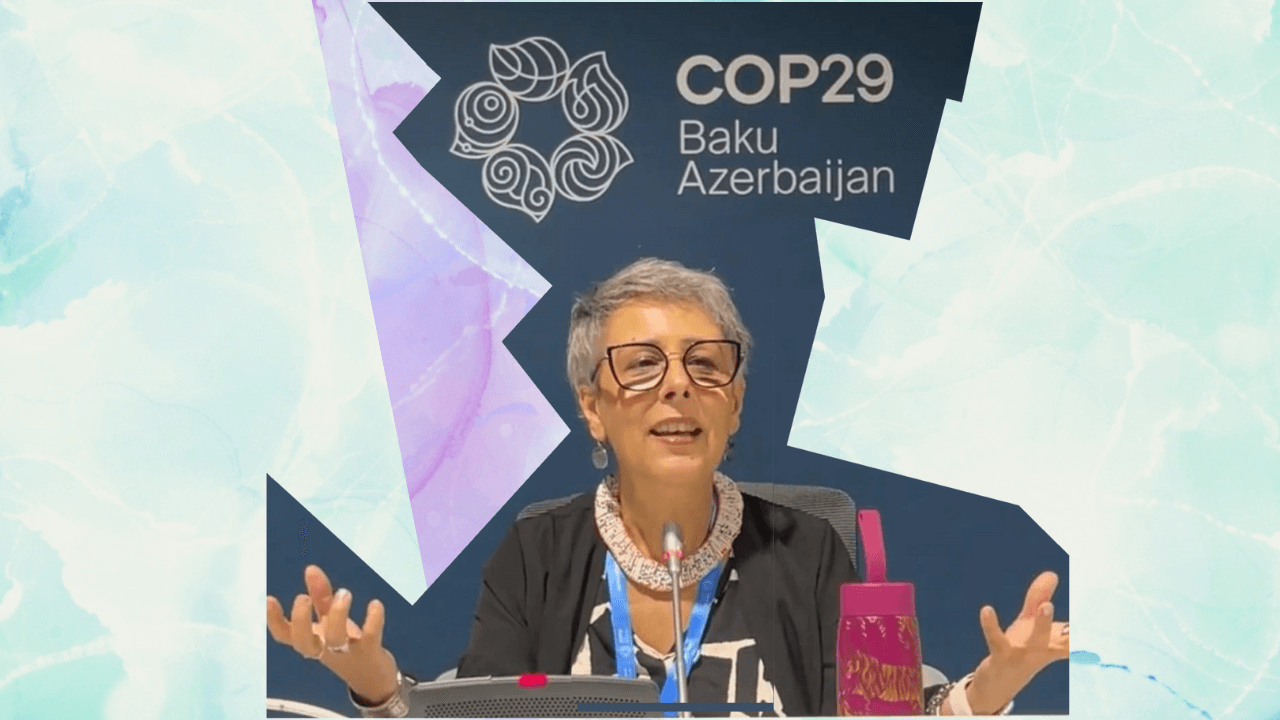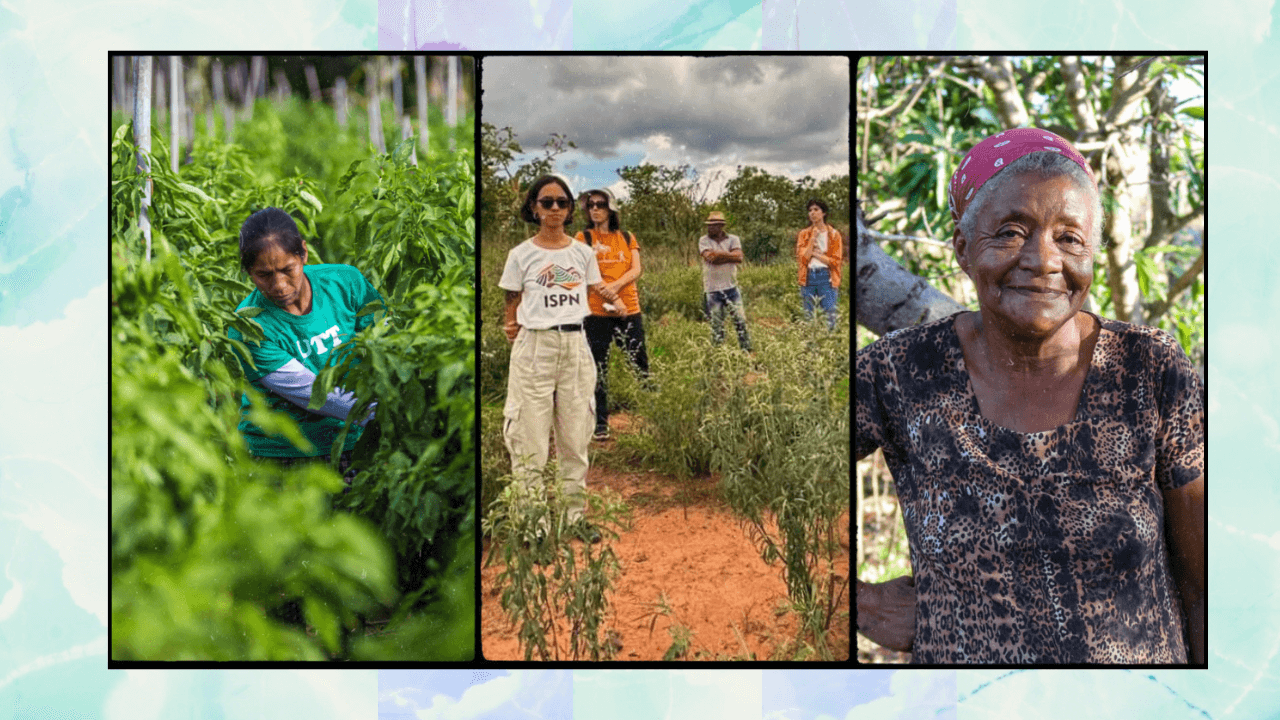Podáali is an oasis in the landscape of Brazilian philanthropy. The first fund created and led by Indigenous people from the Amazon, it is very different from international funders that support food sovereignty and agroecology.
The fund was launched in 2020 as the grantmaking arm of the Indigenous Amazonian network, Coordination of Indigenous Organizations of the Brazilian Amazon (COIAB). Its mission is to strengthen autonomy, Indigenous rights, and territorial and environmental management.
Podáali, which means celebration and reciprocity in the language of the Baniwa, is based on decades of joint work by the Indigenous movement, with contributions from its partners, to support Indigenous peoples, communities, and organizations in the Amazon region. In 2023, Podáali issued its first call for proposals. They received 300 applications and have funded 47 initiatives with a total of US$413,000.
At the beginning of May, we spoke with Rose Apurinã, vice-president of Podáali, who joined in 2019 for the initial structuring of the fund with a background in project design and management, and is currently responsible for partnerships, ensuring the flow of funds for the Indigenous Peoples of the Amazon.
What does self-determination look like in the agroecology economy? In your work, how do Indigenous communities in Brazil shape their economic priorities, and how do you, as a fund, support that?
The fund is created and managed by indigenous people for the benefit of indigenous people. This is the difference that drives us, allowing us to sustain our culture and our economy.
It is essential to note that we are not intermediaries and don't accept being referred to as such. Podaali works extensively on deconstructing the logic of restricted support by projects designed by others, creating new funding arrangements tailored to the diverse realities of the more than 180 different Indigenous Peoples in the Amazon region.
Eight investment priorities were chosen through extensive conversations with the stakeholders. The lines of sustainable economy and food sovereignty have received the most support, always being produced based on our indigenous science and knowledge.
Can you walk us through Podaali’s funding model? Where does your funding come from, and how do you decide how it flows to Indigenous and agroecological initiatives?
We are indigenous. What we do doesn't just come from one person in charge, but from the collective construction of the indigenous peoples. And we are confident of the result.
I think the Indigenous movement was very strategic in building Podáali. Our funding model is our own, created through many months of conversations with Indigenous leaders and communities to assess their desires and needs, from the ground up.
Since our first call in 2023, we have had to deal with the anxiety of communities accessing the funds, on one hand, and overcome the underlying prejudice from the national and international funding community that indigenous people are not capable of handling their funding processes.
We had to decline some partnerships and funders who sought to intervene in Podaali's governance. Financiers have their own rules for support, and Podaali has its own rules for allocating resources to reach the territory. We are the filter, responsible for finding a flow of resources into our fund and communities while upholding our values and sovereignty—those who are willing to place their trust in us.
Where does your support come from?
Our support today comes from the philanthropic networks; we don't receive it from multilaterals, nor the great promise of the climate and the COPs, but from the philanthropic networks and supporters who have been supporting indigenous movements for a long time. We've increased our fundraising network based on the observation that it's working; at first, supporters are more 'suspicious', but then they get closer. We've also started an internal conversation about what resources make sense for us to receive. We're not going to accept, for example, resources from those who are mining in the regions where we work.
It's easier to communicate with international funders than with national ones. They understand that we are very committed to everything and have already gone through a process that makes them realize this system of financial support needs to be adjusted to bring more consistent results.
What is your plan for COP 30? What message would you like to convey to the financiers from all over the world who will be coming to Brazil?
This COP is taking place in our house. The big question for the indigenous movement is this: why aren't we, who are there daily, in the decision-making process of these spaces? There can be no talk about solutions for the forest without the participation of those who are fighting and tackling the issue.
I think the COP in the Amazon is a reaffirmation of this problematic assumption that decisions must be made for us, rather than by us. Because it is happening in Belém, we will be there, and perhaps this reality will become more visible.
We need to have the experts on these solutions, who are the indigenous peoples. It needs to be a space for us to speak, not as guests but as participants.
We need to recognize that indigenous knowledge and sciences are important to the conversation. The figures show that indigenous territories are degraded by 1%, while other properties are more than 20%. We are launching a campaign ahead of COP called “The Answer Is Us”, and the Indigenous Science Award – Ancestral Solutions for the Climate – to showcase effective Indigenous practices for climate solutions and reaffirm traditional knowledge.
The struggle for life can no longer be fragmented; it needs to be unified. We need to come together to make changes for the continuity of life.

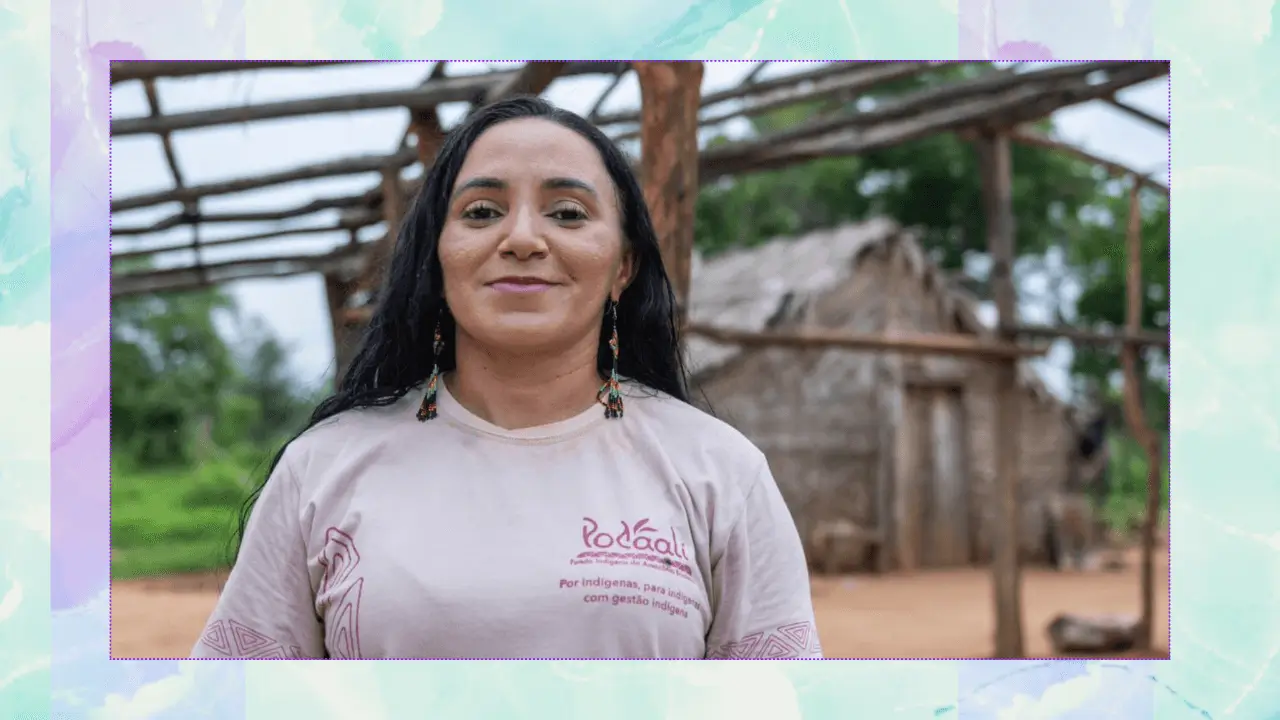

%20(1280%20x%20720%20px)%20(44)%20(1).png)
.webp)



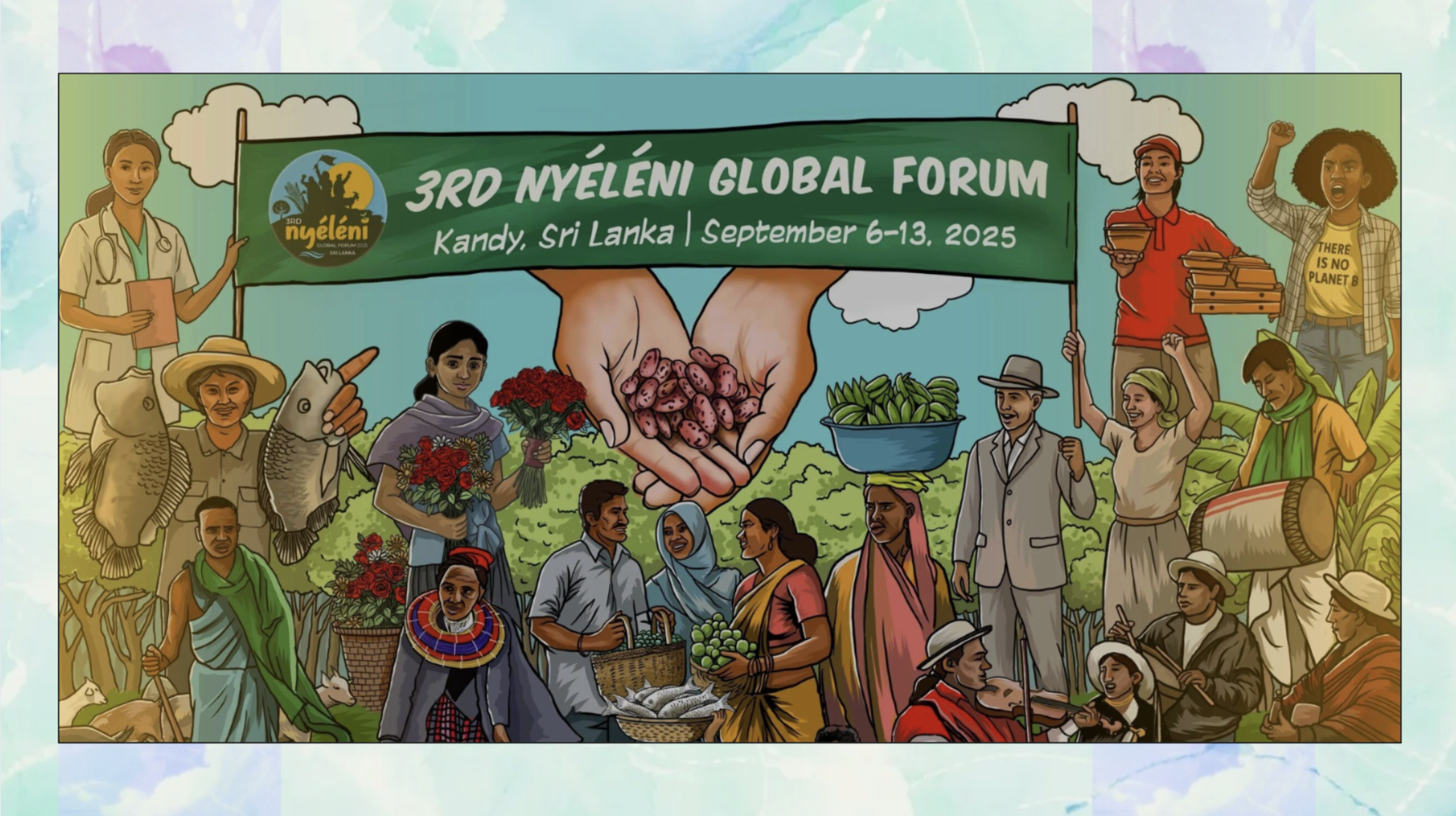
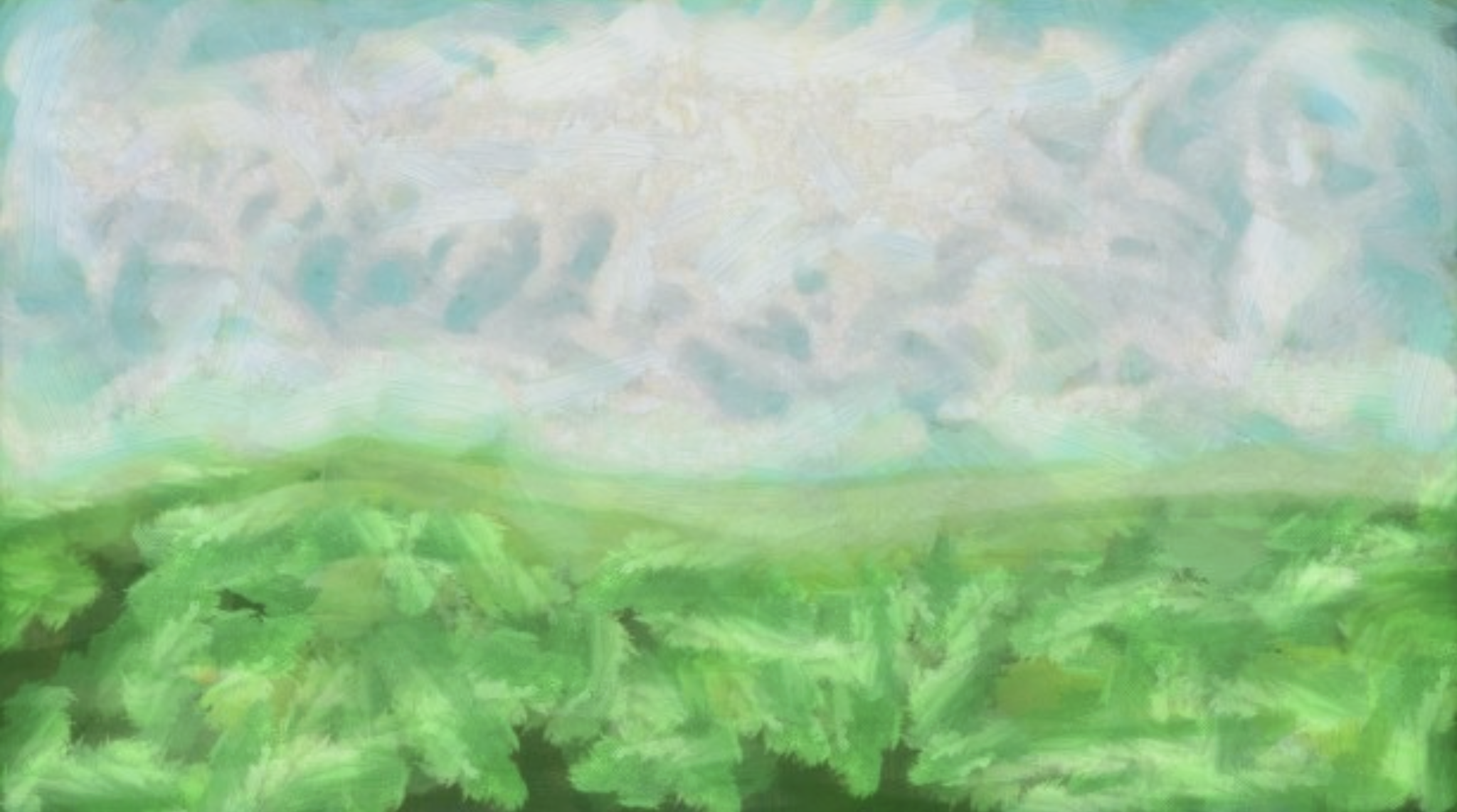
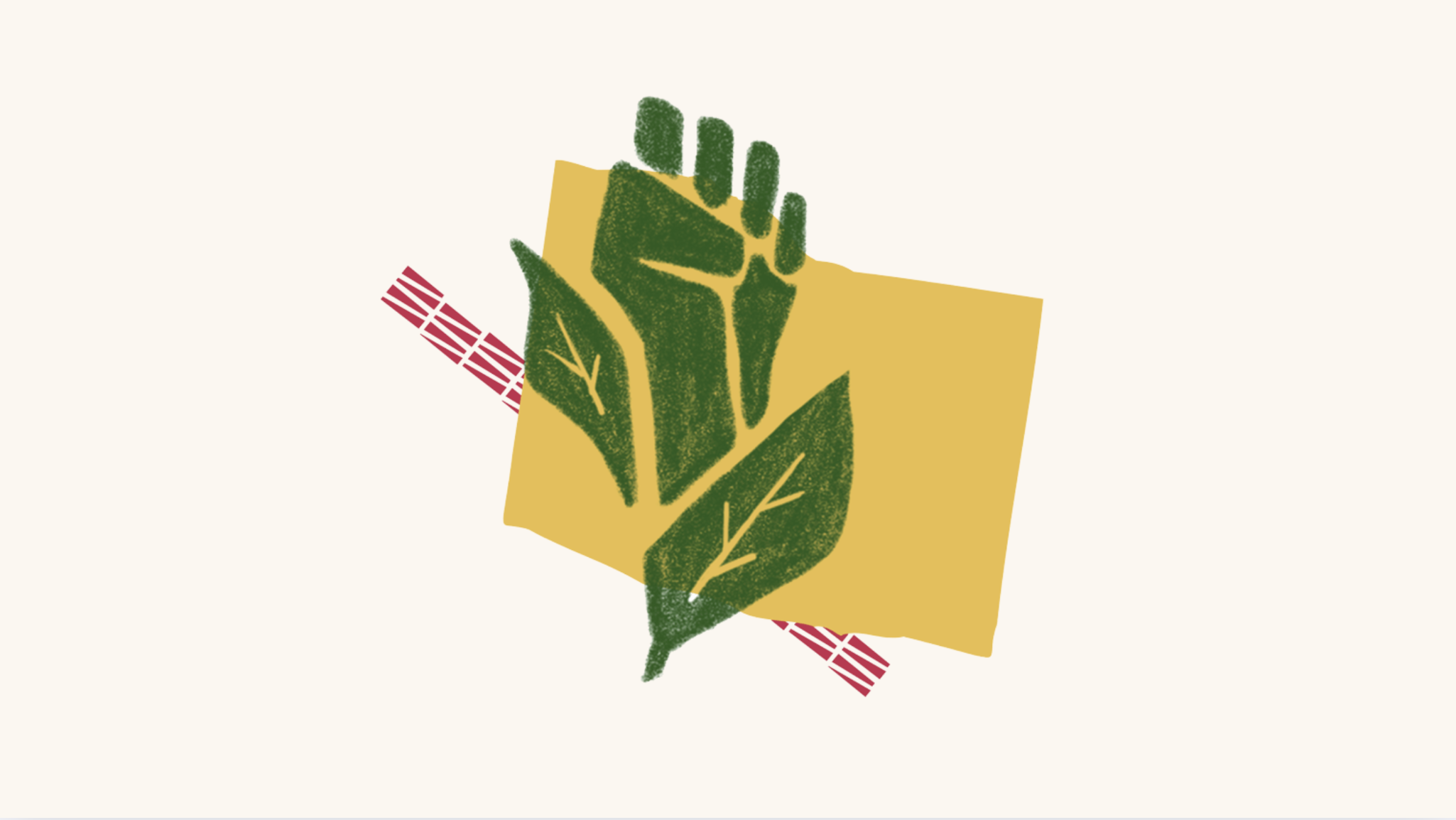

.webp)
%20(1280%20x%20720%20px)%20(37).png)
.webp)
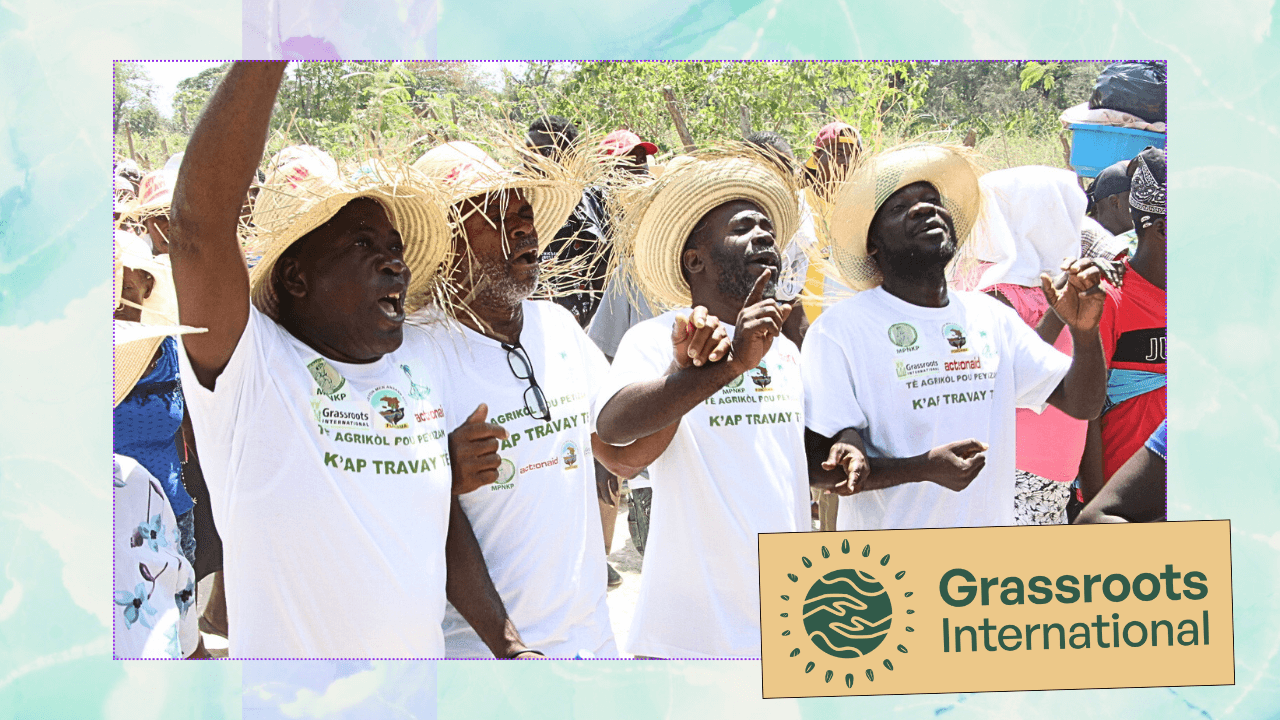
%20(1280%20x%20720%20px)%20(34).webp)
